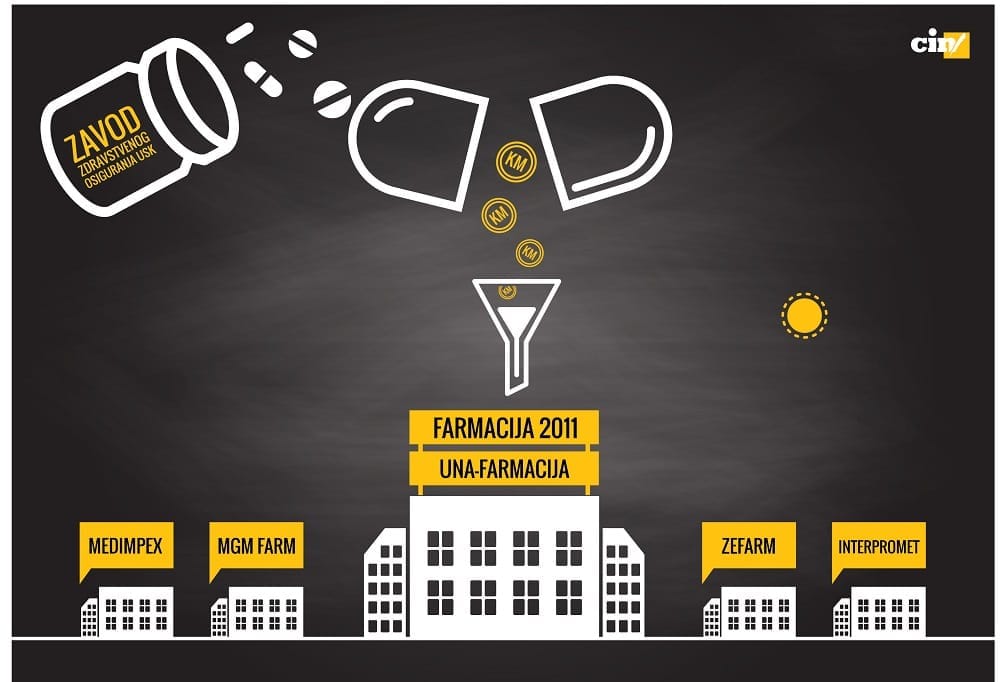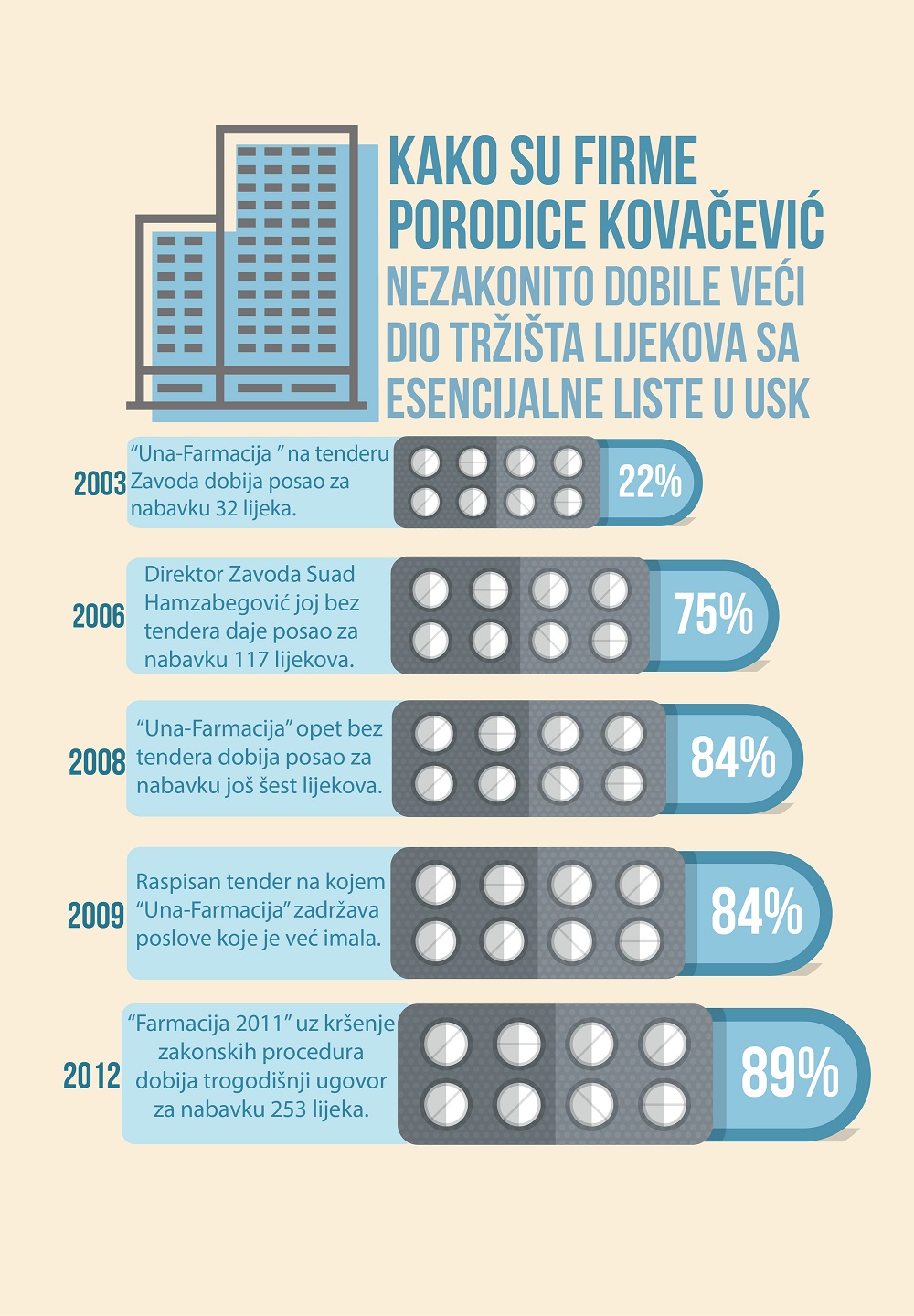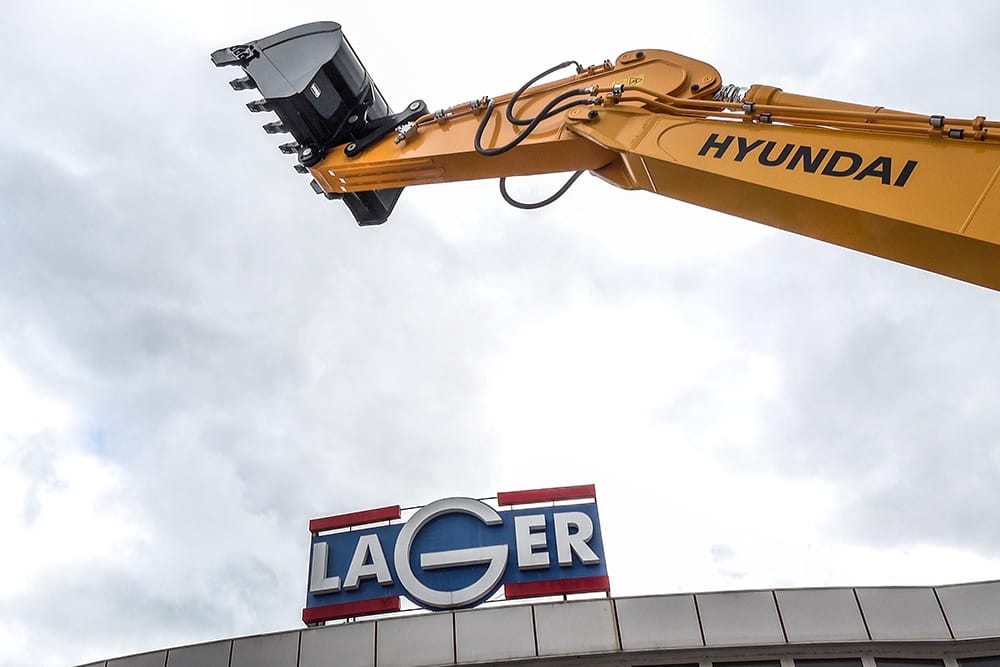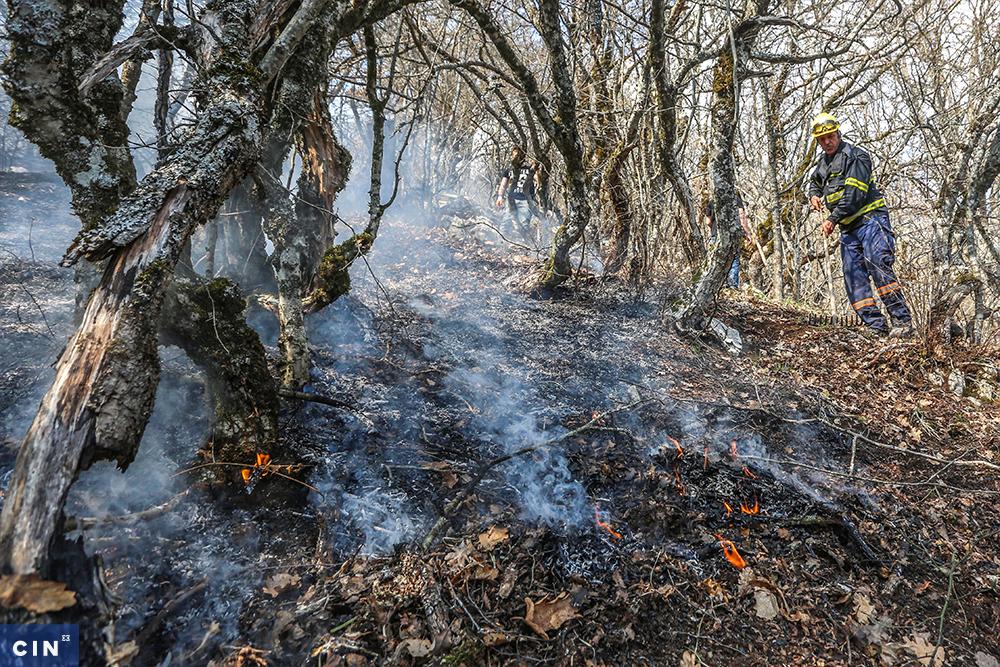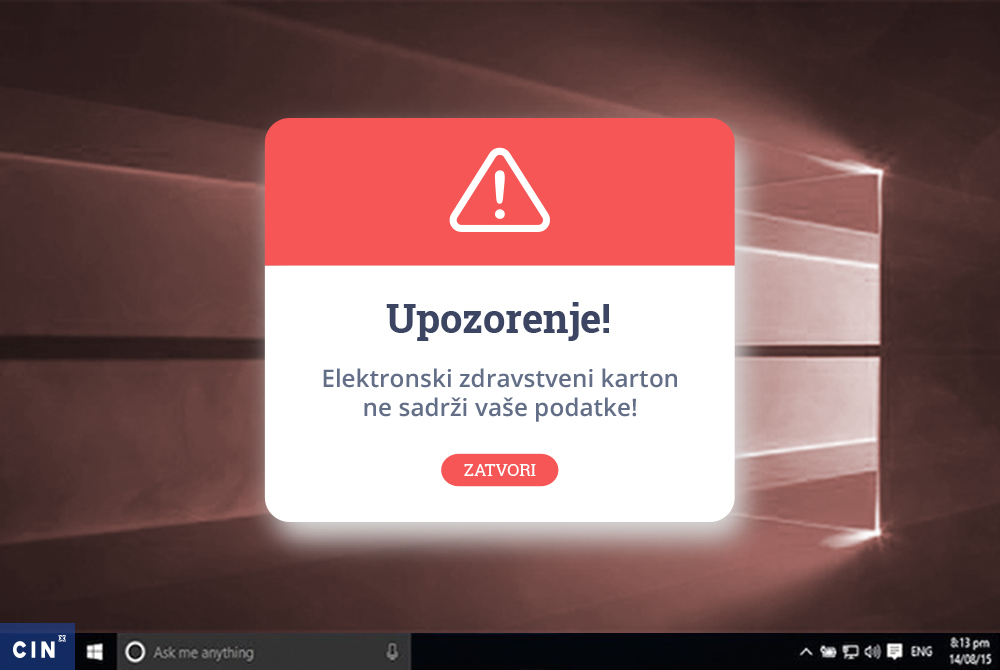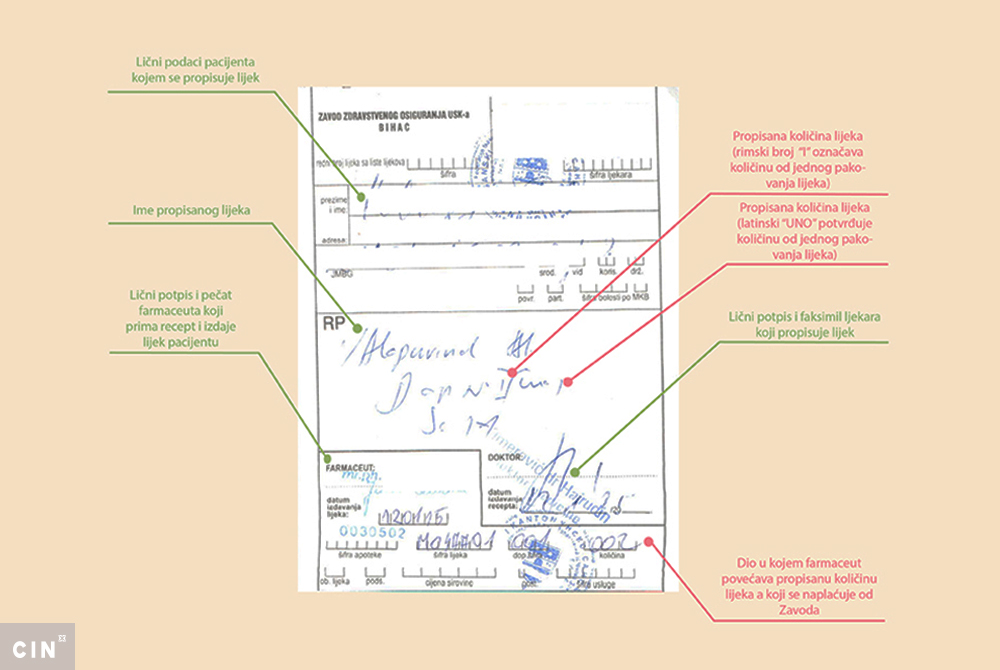Suad Hamzabegović, the former director of the Una-Sana Canton Health Care Fund, made a deal in 2006 to buy drugs from a list of subsidized medicines through a firm belonging to Aida and Amir Kovačević from Bihać.
Inspectors from the Financial Police of the Federation of Bosnia and Herzegovina (FBiH) say Hamzabegović broke the Law on Public Procurement in BiH by bending terms of procurement announcements to either favor the Kovačevićs’ firm or to contract them outside of procedures. He cleared the way for them to make a revenue of at least 80 million KM.
The Center for Investigative Reporting in Sarajevo (CIN) has uncovered how the Kovačevićies became the suppliers of the bulk of subsidized drugs after Hamzabegović was appointed.
Even before 2004, Una-Farmacija did business with the Fund, but it had a contract for the procurement of only 32 subsidized drugs.
In 2006, Hamzabegović awarded another contract to the firm without putting out a call for bids and increased the number of drugs it supplied to 117. This was out of a total of 156 subsidized medicines. Two years later, Kovačević’s firm won a contract for six more drugs without any call for bids. Una-Farmacija did not lose its privileged position when Hamzabegović put out a call for bids for the first time in 2009, and the firm was contracted to continue doing the same thing for the following three years.
“After the call for bids in 2009, we did not want to participate in their tenders because it had become a joke,” said Edis Šaćirović, executive manager of the Zenica firm Zefarm.”
Zefarm appealed to the BiH Procurement Review Body, but dropped its complaint later. “In this line of business you don’t want to mess with people, because it might not end well. So, when you see the terms, you can read between the lines that there’s no place for anyone else, and the best is to stay out of it,” said Šaćirović.
In 2012, the cantonal government broadened the list of subsidized medicine to 283 drugs. Hamzabegović broke legal procedures to award Kovačevićs’ new firm “Farmacija 2011” a three-year contract to supply 253 of the drugs – or 89 percent of the entire list.
According to the paperwork CIN reporters acquired, Kovačević’s Una-Farmacija had an average annual turnover of roughly 7.8 million KM between 2006 and 2011. Since 2012, when Farmacija 2011 took over, the average annual turnover was around 11.1 million KM.
Agreement Between Managers Instead of Law
When Hamzabegović was appointed director in August 2004, the Fund had contracts for the purchase of subsidized drugs with five firms: Sarajevo-based Bosnalijek and Medimpex; MGM-Farm from Kakanj; Zefarm from Zenica and Bihać-based Una-Farmacija.
These won a tender in 2003, but Bosnalijek, as the local manufacturer, won the main contract to supply 66 drugs. The remaining four firms represented foreign manufacturers and won contracts for drugs Bosnalijek did not have on its shelves. Una-Farmacija won a contract to supply 31 drugs from the list.
As director, Hamzabegović should have put out a tender for the procurement of drugs, but instead, in 2005, he extended contracts to all existing suppliers.
The next year, he signed a contract with Bosnalijek Director Edin Arslanagić and Una-Farmacija co-owner, Amir Kovačević. They agreed that Una-Farmacija would take over the subsidized drugs distribution from Bosnalijek, thus becoming the major supplier.
The financial police have established that the Fund’s director did not inform the Board of Directors about this. At the same time, the Fund transferred to Una-Farmacija the right to dispense a discount that Bosnalijek had been giving to pharmacies, not in money, but in drugs. This was a so-called natural discount – a certain amount of subsidized drugs that Bosnalijek provided free-of-charge to the Fund and onwards to pharmacies in accordance with the 2003 contract.
For three years before signing the contract with Una-Farmacija, the primary health care providers and the cantonal hospital Irfan Ljubijankić in Bihać received drugs worth 1.2 million KM.
The new contract turned the natural discount into a financial one. In this way, the Cantonal Fund and primary health care providers lost out on more than half million KM according to the Financial Police.
Because of such dealings, the Financial Police opened an investigation in January 2009 against Hamzabegović and three other persons.
The inspectors wrote in a report that the Fund lost more than 1.1 million KM between 2005 and April 2007 solely on account of the lack of competition that would help drive down prices.
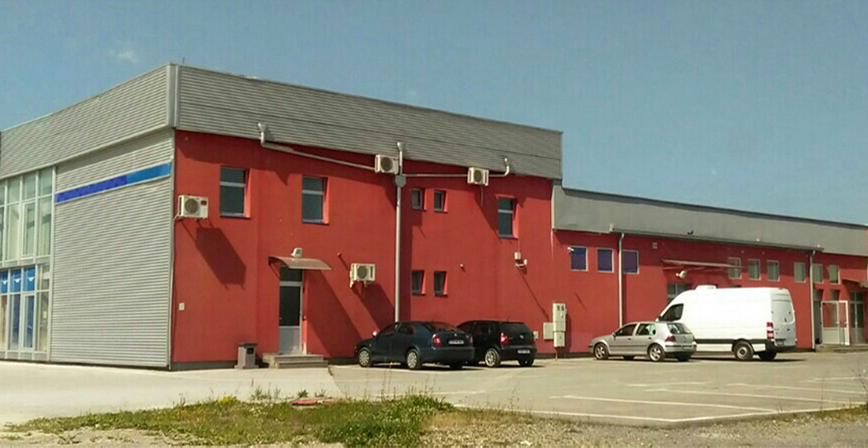
The director of MGM-Farm, Mensur Mušija, said that he thought the Fund’s management would try to hide the whole case. “They hope that this will become outdated, that no one will probe it. They hope that we, other bidders, don’t have time to follow it up,” Mušija told CIN.
Kovačević did not want to speak to CIN reporters.
Hamzabegović told reporters that he could not remember details about the procurement of subsidized drugs, but said that everything was done in line with the law and regulations.
After the contract was entered into among the Fund, Una-Farmacija and Bosnalijek, pharmacies started procuring subsidized drugs via the Kovačević firm.
In the first year, the pharmacies benefited from a 5 percent discount that Una-Farmacija gave them for buying Bosnalijek drugs and between 2006 and April 2007, the pharmacies earned less than 200,000 KM in this way. But the following year, the pharmacies were asked to sign the contract with the Fund in which no discount was mentioned.
Illegal Procurement of Drugs
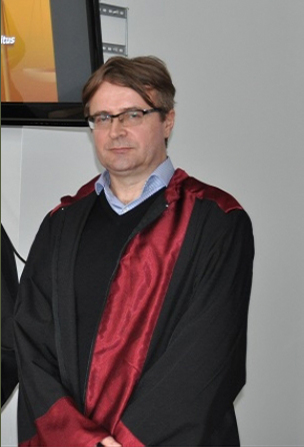
In the beginning of 2005, Hamzabegović set up the Drug Commission with the task of adopting the list of subsidized drugs at the Federation level and declaring it mandatory for all the cantonal health care funds.
The Commission adopted a draft in November 2005. Hamzabegović sent it onward to the health care minister with an explanation that the Federation’s criteria had been met and that listed drugs were those most needed and sought after in the canton.
Hamzabegović’s commission added another 18 drugs to the draft that had not been originally on the Federation list. Una-Farmacija supplied eight of them
The cantonal government discarded the list, but Hamzabegović used it to procure drugs until the end of 2007. In their report, Financial Police said that the Fund lost more than 2.5 million KM when it did not adopt the list.
New Firm, Business as Usual
In 2013, the wholesaler Una-Farmacija was split into two firms: Verdi and Džan. Amar Kovačević was registered as Džan’s owner in incorporation papers. At the end of 2011, Kovačević set up a new wholesaler “Farmacija 2011”.
In 2012, the Fund launched a negotiated procedure to procure drugs from the list of subsidized medicine. It waited only three days between announcing the bid and signing contracts with “Farmacija 2011”, Medimpex and Farmis.
A Novi Grad-based Interpromet complained to the BiH Procurement Review Body, which established that the Fund illegally conducted the procurement.
Hamzabegović explained to authorities that he had opted for the negotiated procedure because of the urgency of procuring drugs, but the body found no reason for a rush. In 2014, it ordered the Fund to pay Interpromet 1.2 million KM in compensatory pay-back. The Fund appealed to the Court of BiH that ordered the case to be reheard.
The firm’s director Dragan Pilipović told CIN that he was convinced that the Fund ignored the rules deliberately. “They broke the law consciously in order to rig the bids,” said Pilipović.
After such an illegally negotiated procedure, Farmacija 2011 signed a contract with the Fund to supply 253 subsidized drugs.
In September 2012, Jasmin Husetić succeeded Hamzabegović as the Fund’s director, but the illegal practices of his predecessor. continued
“I say again that I have inherited contracts that had been signed for a three-year period,” wrote Husetić to CIN reporters.
During his term, 14 pharmacies complained to the BiH Council of Competition saying that they were made to buy drugs from Kovačević’s firm only. The litigation is ongoing while a lawyer Suljo Delić said that a compensation will be the subject of another litigation.
Things started to change when Aida Dervišević was appointed Fund’s acting director. In 2015, she put out a public call for procurement of drugs.
“I have done it like all other Funds in the Federation do…I put out a call for bids and signed contracts directly with pharmacies so that all the drugs would be available to all the insured persons,” Dervišević told CIN.
This has put an end to nearly 10 years of Kovačević’s firm’s near monopoly on the supply of subsidized drugs. From now on the pharmacies were allowed to choose their suppliers freely.
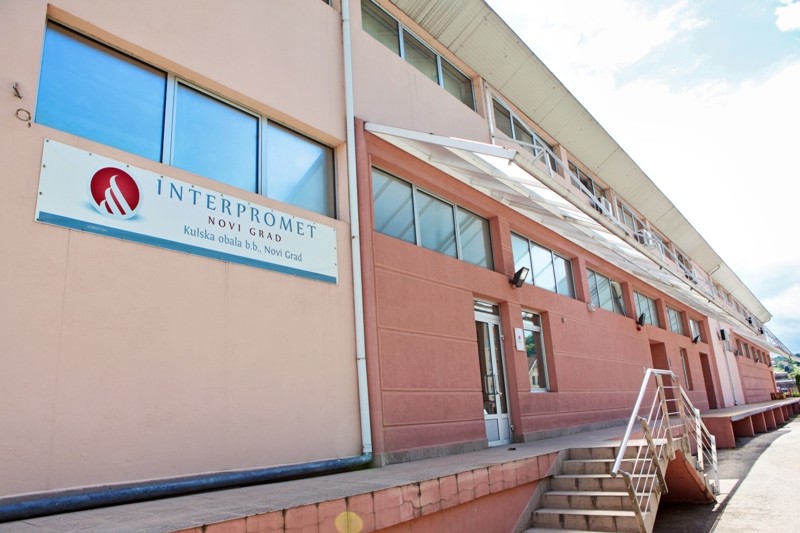
Dervišević said that she disagreed with the public procurement procedures she had encountered at the Fund.
“It smacks of some corrupt acts,” she said.
Derailed Investigation
In January 2010, following its investigation the FBiH Financial Police filed a criminal report with the Cantonal Prosecutor’s Office in Bihać against Hamzabegović and three other persons on charges of abuse of office and misconduct in office. However, in November of the following year, the Cantonal Prosecutor’s Office in Bihać dropped the investigation altogether.
Prosecutors enlisted a financial expert witness to check the Financial Police’s allegations listed in the report. According to that witness’s report, the Fund was in line with the regulation on public procurement and no financial damage had been discovered.
The Financial Police appealed, saying that Huzejrović made the decision solely based on the findings of an expert witness who was not an expert in legal matters, but in finances. Huzejrović turned down the complaint and wrote that it had no grounds.

